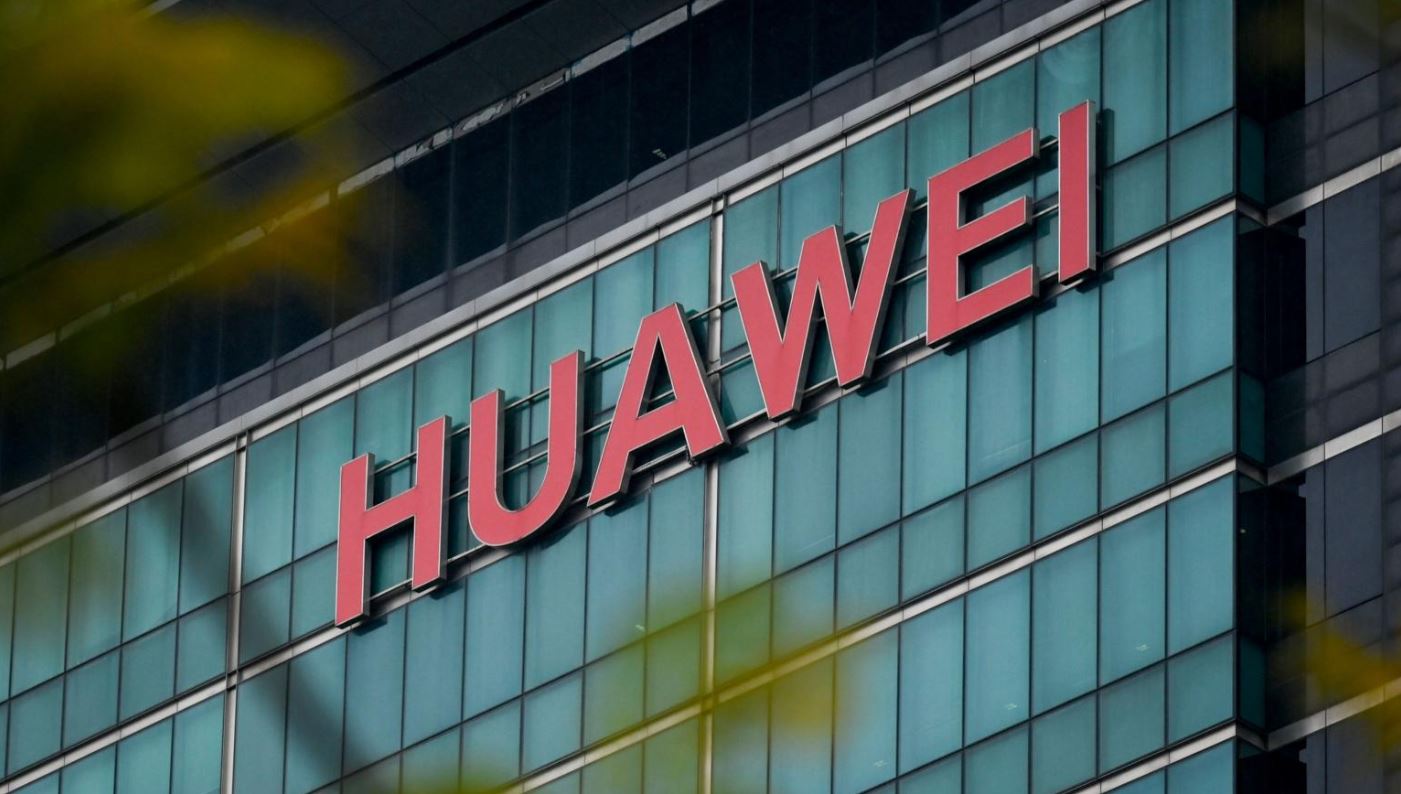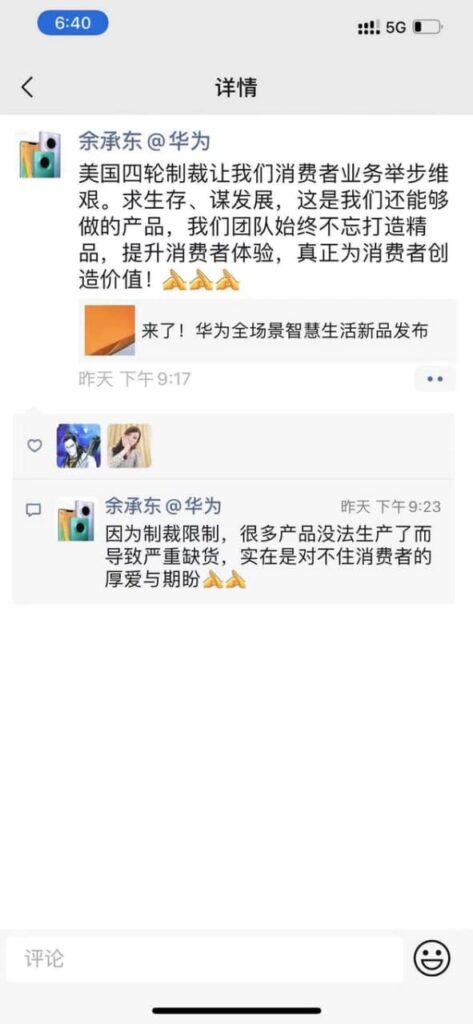News
U.S. sanctions created big difficulties for smartphone business and created component shortage: Huawei CBG Chief

Recently, Yu Chengdong, CEO of Consumer Business Group at Huawei stated that after four rounds of US sanctions on Huawei, it creates difficulties in producing new products and running short on core components.
But, Huawei never gives up and still trying to overcome these issues. Amid US sanctions, the Chinese tech giant is still developing new smart products but many are suspended yet.
Additionally, he mentioned that the Huawei developer always innovated the products as per consumer’s needs and create high-quality goods to enhance the consumer experiences.
“Huawei’s Four rounds of sanctions in the United States have made our consumer business difficult. Seeking survival and development, this is the product we can still make. Our team has never forgotten to create high-quality goods, enhance the consumer experience, and truly create value for consumers!” said Yu

This story starts in May 2019, The United States government put a national security threat allegation on Huawei and added it into the entity-list so-called blacklist.
This listing results banned Huawei to purchase the core smart products components and also restrict the American-based companies to supply. It was observed that the whole scenario is done to pull down the Chinese tech giant.
Not only in the component section, but it also prohibited the major Google Mobile Services (GMS) for Huawei. It was difficult to find an alternative to GMS and Huawei give birth to Huawei Mobile Service (HMS).
However, Huawei was still working with Android as it an open-source project and started launching its new products with Android and HMS as a replacement for GMS.
The major part of any smart device is its processor and the American govt seized the license of many chipmakers including Intel and dozens of others to continue business with Huawei.
Eventually, the company has started facing a 5nm chipset shortage for Kirin processors, which will be the main reason behind the delay of new smart devices. In past months, some chip makers received the license to supply Huawei but only 4G components.
On the other hand, it was reported that Huawei has stocked some Kirin 9000 processors for its upcoming flagship products and trying to resolve these chipset issues ASAP.
According to the information, the effect of the US-China trade war was clearly visible throughout 2020. For a whole year, 330 million smartphone units were shipped, which has a decline of 11%. Last year, the performance of Huawei was rapidly decreased as well as the overall market recovery was stalled.
Aside from smart products, Huawei has stepped into the smart car industry and started collaborating with car manufacturing brands to equipped Huawei’s technologies in them and made a new way to originate profit for the company.
Previously, Huawei said it needs to build the car to make money, the spare parts technologies are good enough. We just want to see the tigers fight from the mountain top, we don’t build cars.







